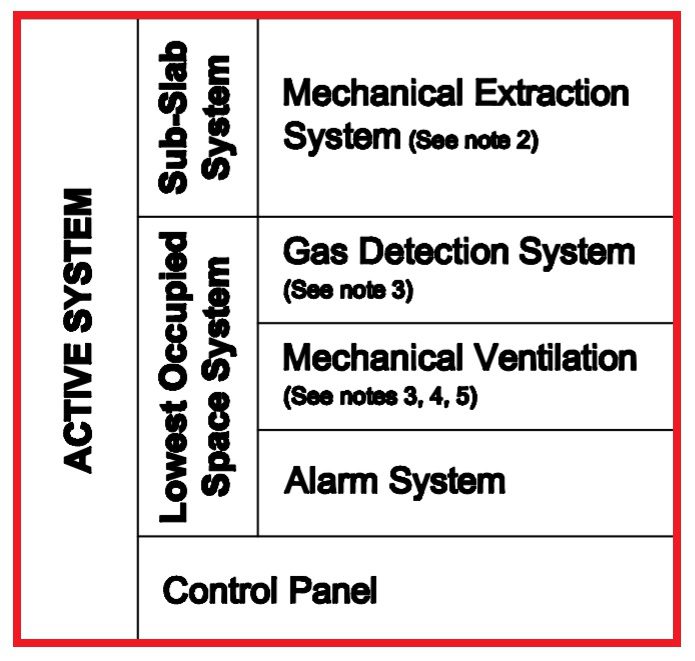Seismic Moment
Seismic Moment: In the seismology branch of geology, seismic moment represents a measure of the size of an earthquake, depending on the area of rupture, the rigidity of the rock, and the amount of slip from faulting.
Seismic Moment: In the seismology branch of geology, seismic moment represents a measure of the size of an earthquake, depending on the area of rupture, the rigidity of the rock, and the amount of slip from faulting.

Geologic Time Scale The Geologic Time Scale is an international system used by geologists to classify and identify major geologic events and formations. The geologic timescale essentially categories the earth’s entire geologic (and biologic) history, within a series of defined eons, eras, periods, epochs, and ages. Updates & Maintenance The geologic time scale is continuously…

Asthenosphere Asthenosphere: The asthenosphere underlies the lithosphere. The Asthenosphere comprises the upper mantle, where isostatic adjustments are made, and where magma is generated. It is also in this part of the earth, where seismic waves strongly attenuate.

Active Methane Mitigation Active Methane Mitigation: Active systems refer to the mechanical and electrical components of a methane mitigation system. In fact, the definition of an Active System is available in Methane Code (Ordinance No. 175790). This is a publication by the Los Angeles Department of Building and Safety (LADBS). Moreover, further descriptions of an…

Rigidity Definition Rigidity – In geotechnical engineering and engineering geology, rigidity represents the ratio of the shear stress and the amount of angular rotation that it produces, within a rock sample.

Hydrogen Sulfide Soil Gas (In Natural Gas) Hydrogen Sulfide: Hydrogen sulfide (H2S) soil gas geologically occurs upon the thermal and microbial decomposition of subsurface organic material deposits. It is typically identifiable in biogenic and petrogenic natural gas sources, along with higher concentrations of methane soil gas. Additionally, nitrogen, oxygen, hydrogen, ethane, and isobutane exist within…

Vapor Intrusion Vapor Intrusion occurs when harmful soil contamination changes phase from liquid to vapor underground and moves upward through geologic layers and building foundations, accumulating within indoor air.